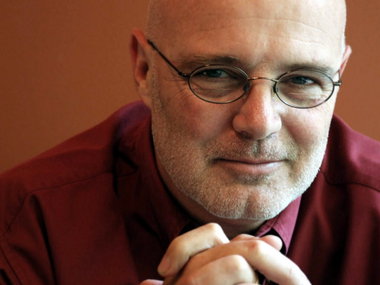In recent weeks, conservative evangelical Christians have complained about the Disney movie, “Frozen” (proclaiming it’s theme tune to be supportive of gay rights), campaigned against World Vision withdrawing funding for third world children, and now are up in arms about the Hollywood movie, Noah. It can be embarrassing having to wear the label “Christian” alongside these whiners and moaners.
The movie, Noah, was recently released. It is a fictional tale based on the Biblical account. It includes some content from the book of 1 Enoch (it is stunning how many Christians show complete lack of knowledge about the books that nearly made it into the canon of Scripture, and have been accepted as extra-canonical but nevertheless Biblical by more than half of all the Christians who have ever lived). It also includes some references to other ancient flood myths, including the most powerful one, the Gilgamesh Epic, that actually predates the Biblical account (again, most conservative Christians show complete ignorance of these other accounts of creation, the flood and antiquity, even though an understanding of the version Moses wrote must take into account how it interacted with these more ancient myths).
The movie, Noah, is a fictional account of the Biblical story, taking some license with the very short version in the Old Testament. It contains typical amounts of extra material designed to build drama and excitement, and does a good job of incorporating a variety of source material. But it does contradict the Biblical account in a number of ways, and dramatically changes how Christians would prefer God to be portrayed. As such, should Christians still watch it?
I believe that we absolutely should. And we should take the opportunity to talk about it amongst ourselves and with our children. This really does come down to how we handle truth. Conservative Christians try to handle truth by not engaging with error in any way. Well, “the elders” of their churches should engage with error, effectively becoming guardians and censors, warning “the flock” of dangers and steering them away from error. I prefer the approach which teaches people how to spot error for themselves, and to raise their ability to handle truth wisely. This involves, amongst other things, teaching people how to have conversations about truth, how to investigate, how to think and analyse, and how to ask questions – all the time relying on the Holy Spirit to teach and guide.
For the most balanced and rational review of the movie, I’d suggest Greg Boyd’s which you can find here. You can also read Tony Jones’ take on the movie – a more theological reflection on the nature of the Bible and how we should interpret it.




